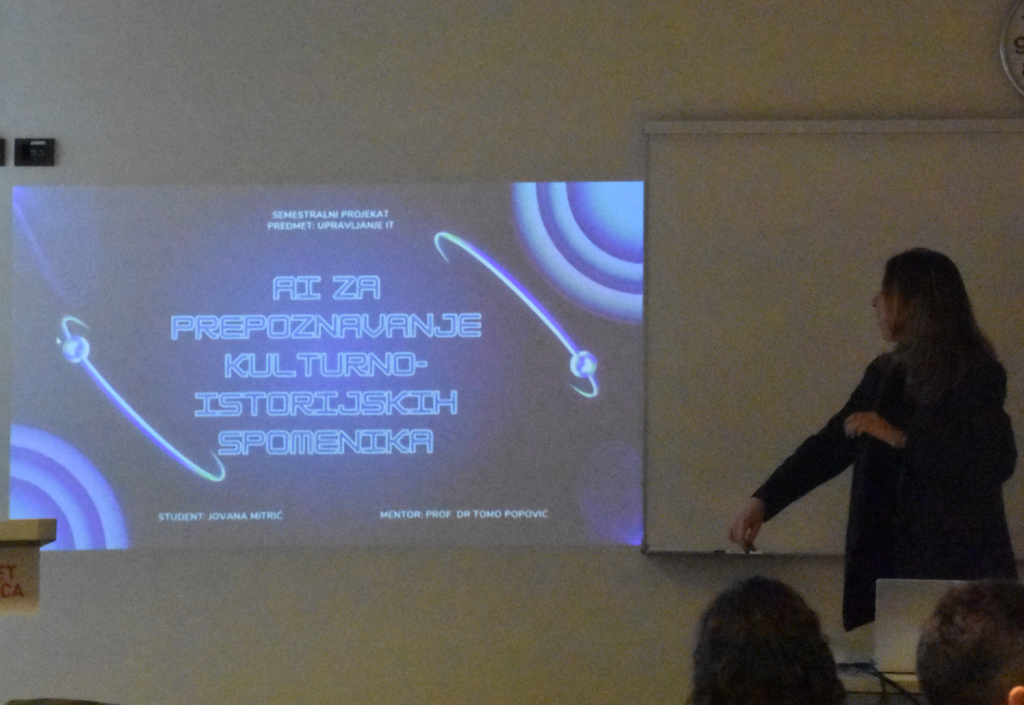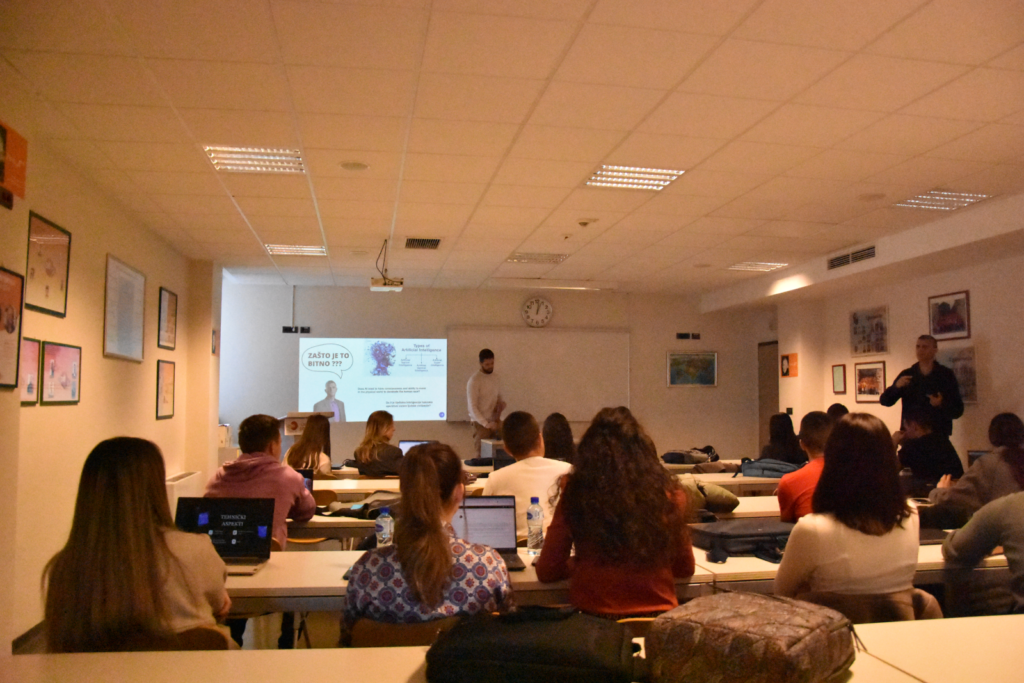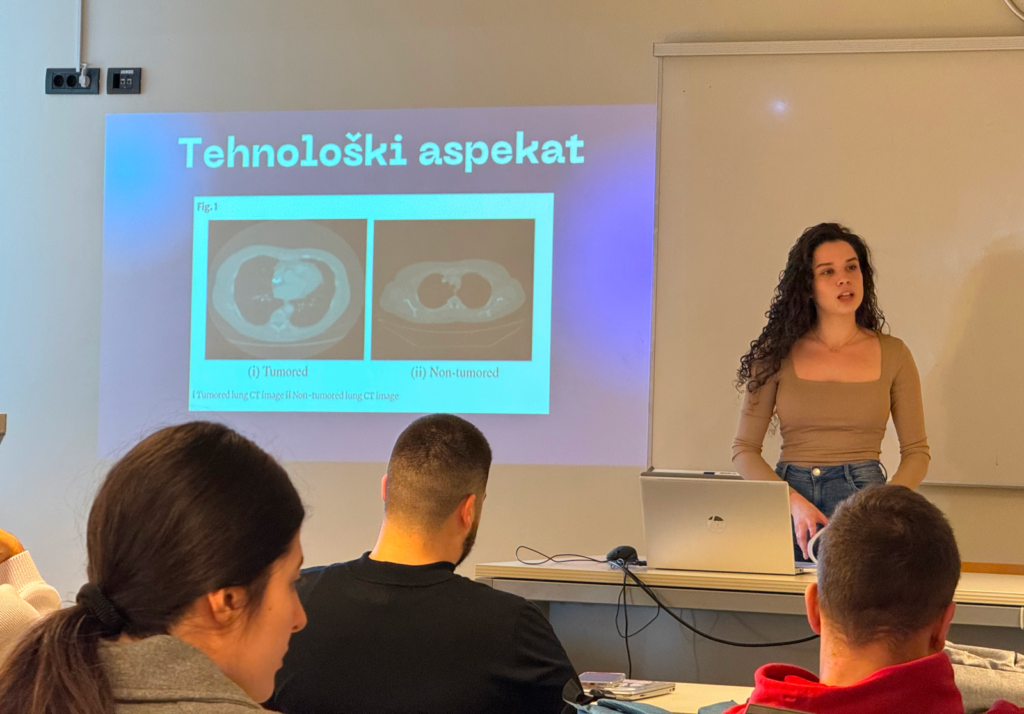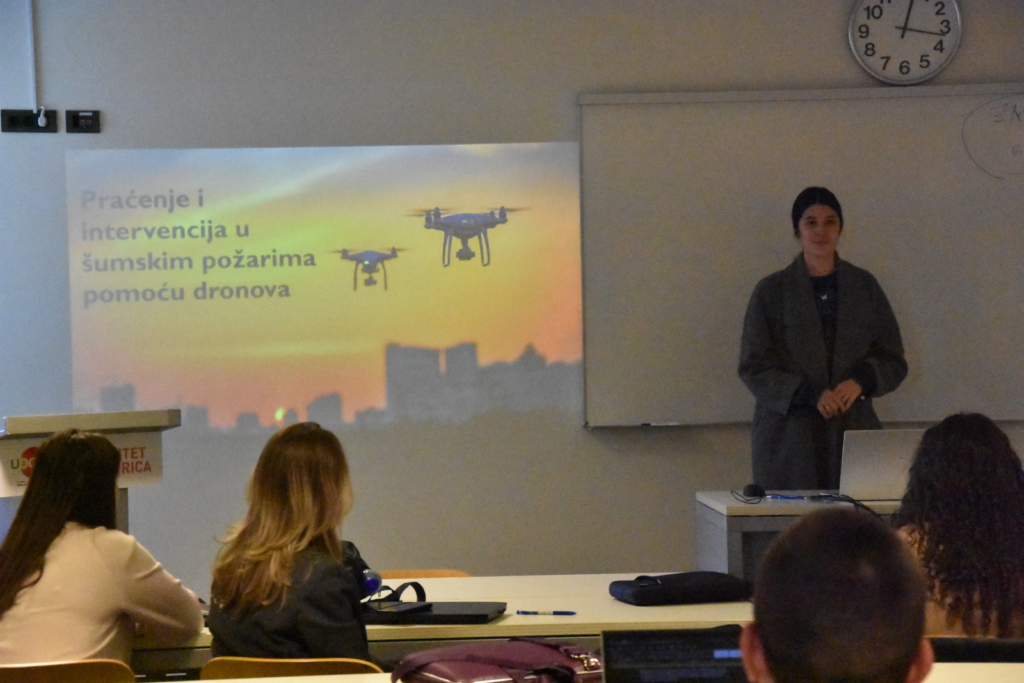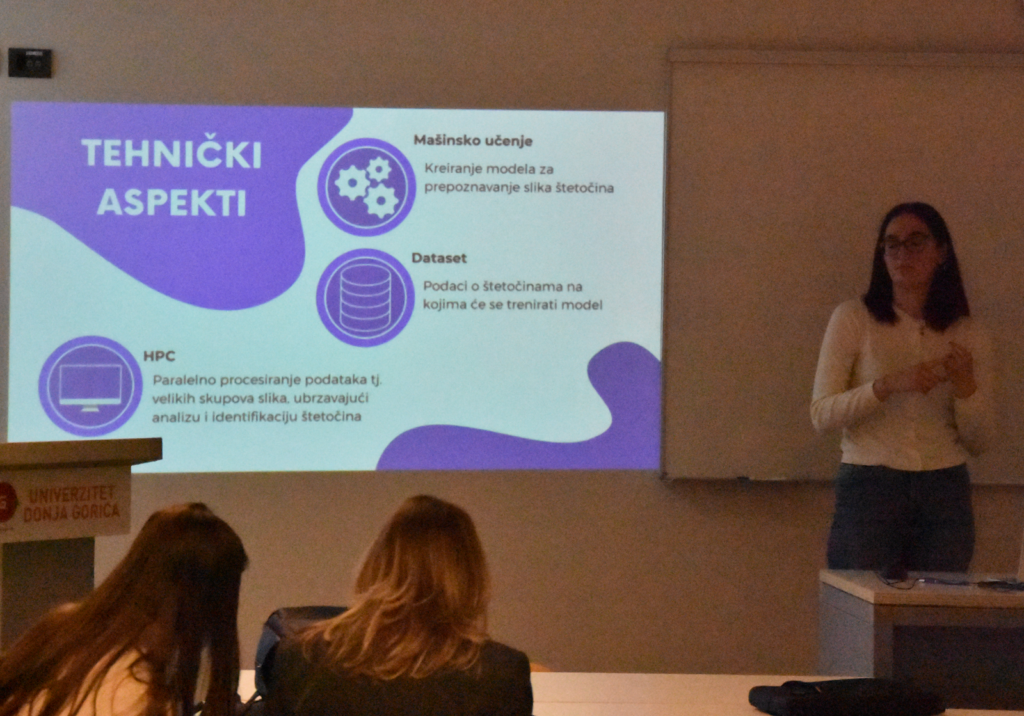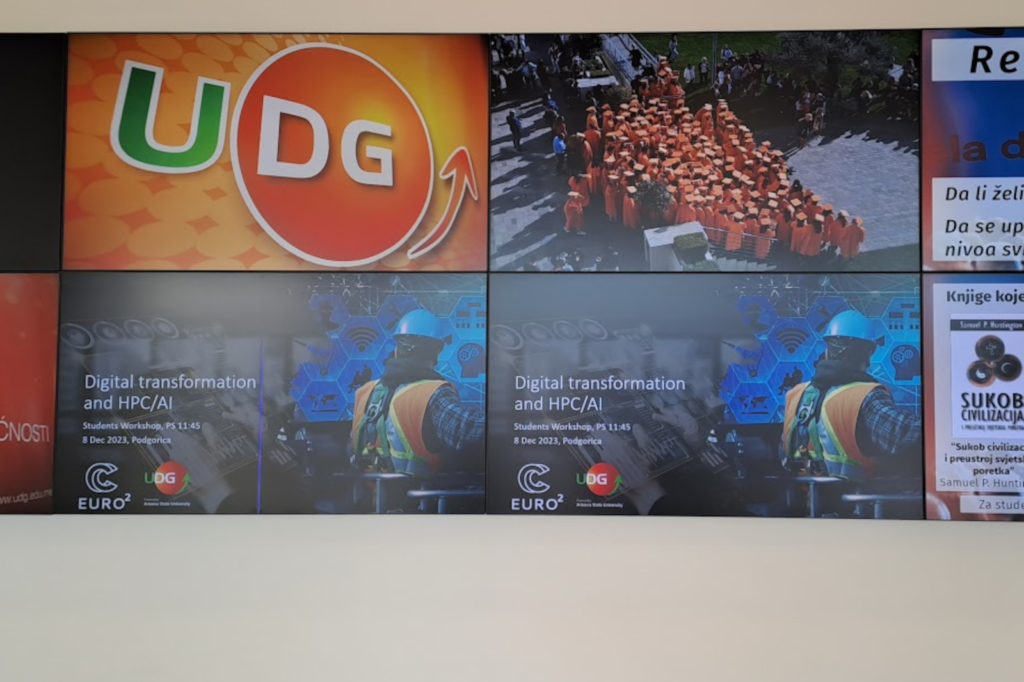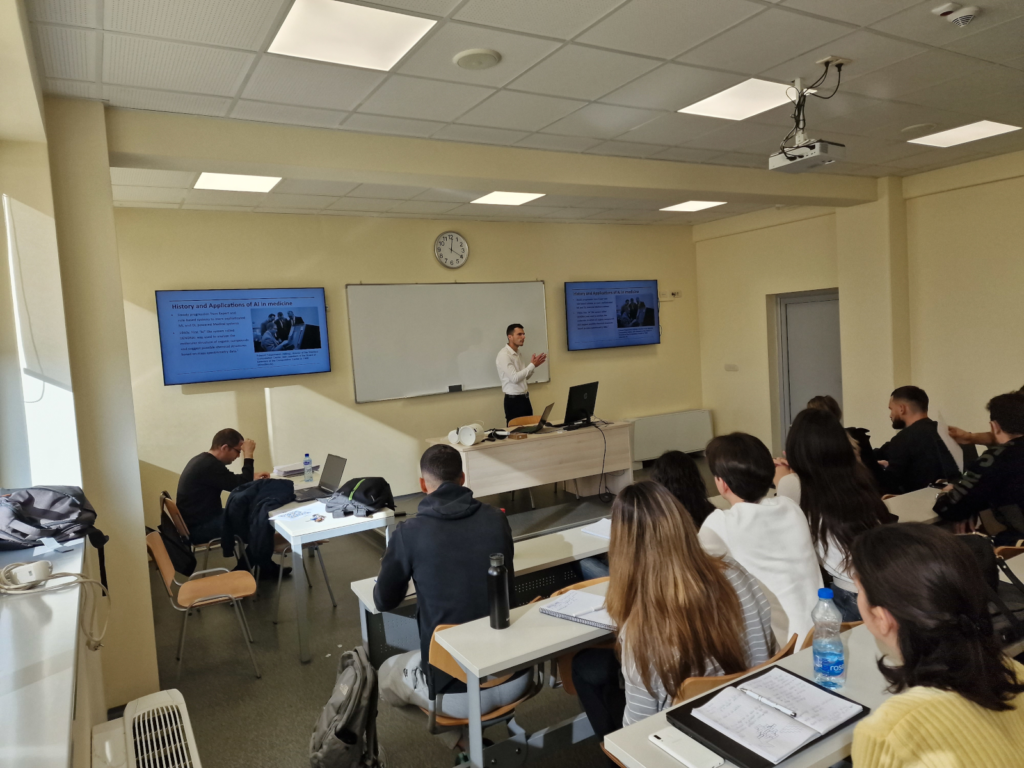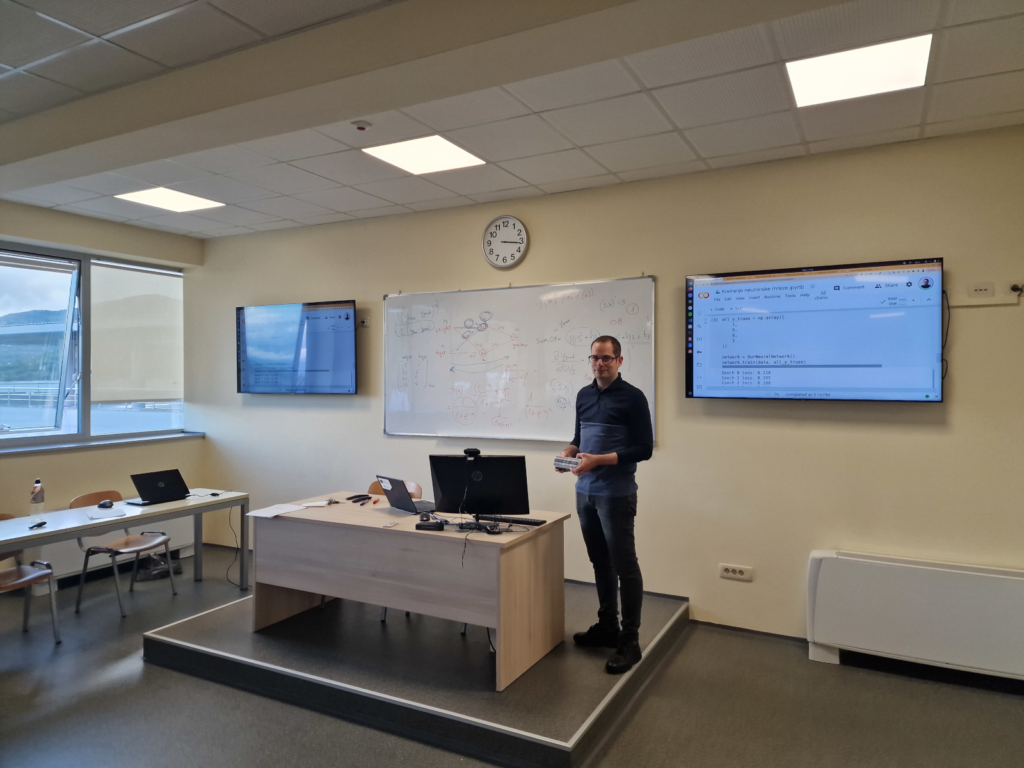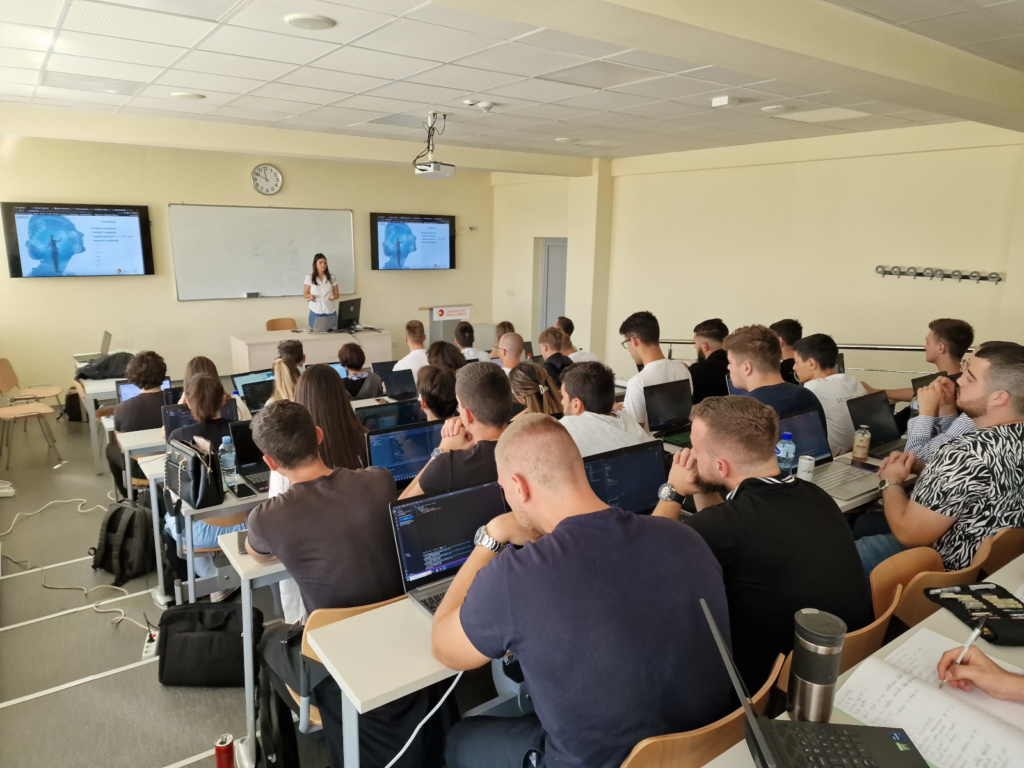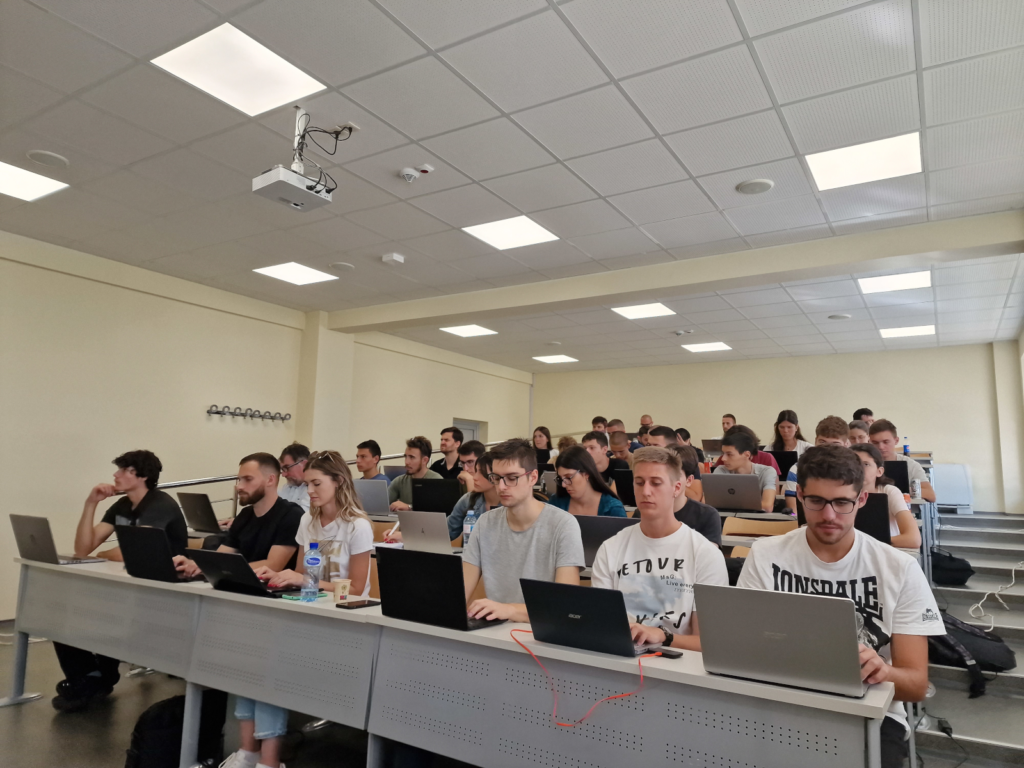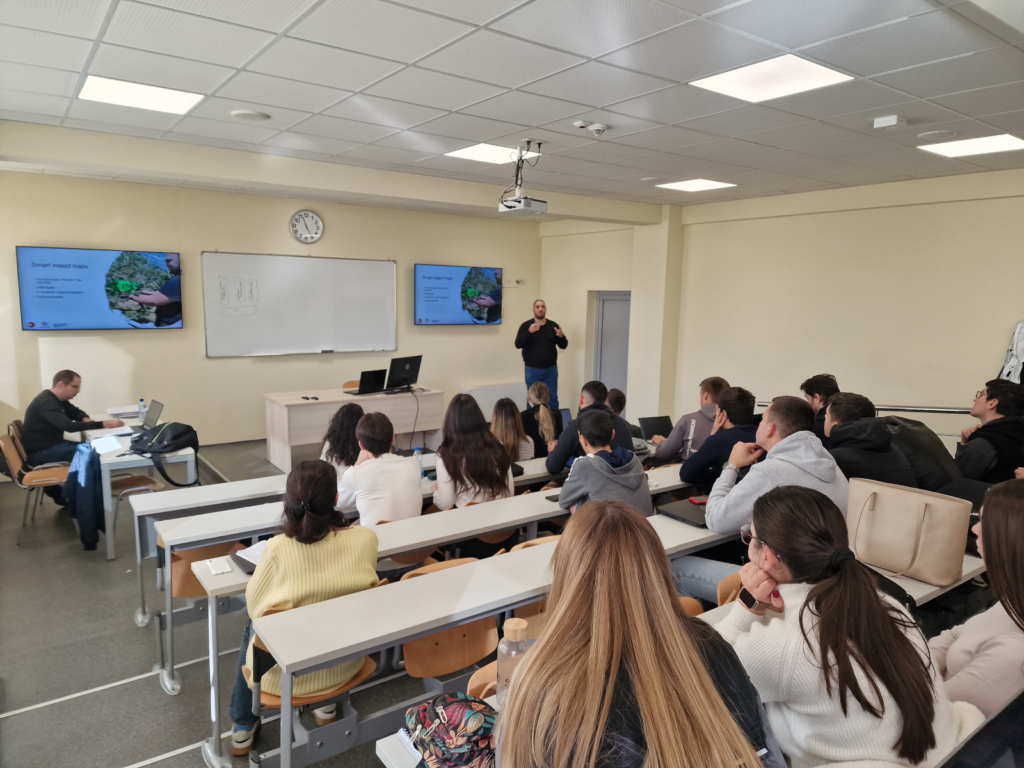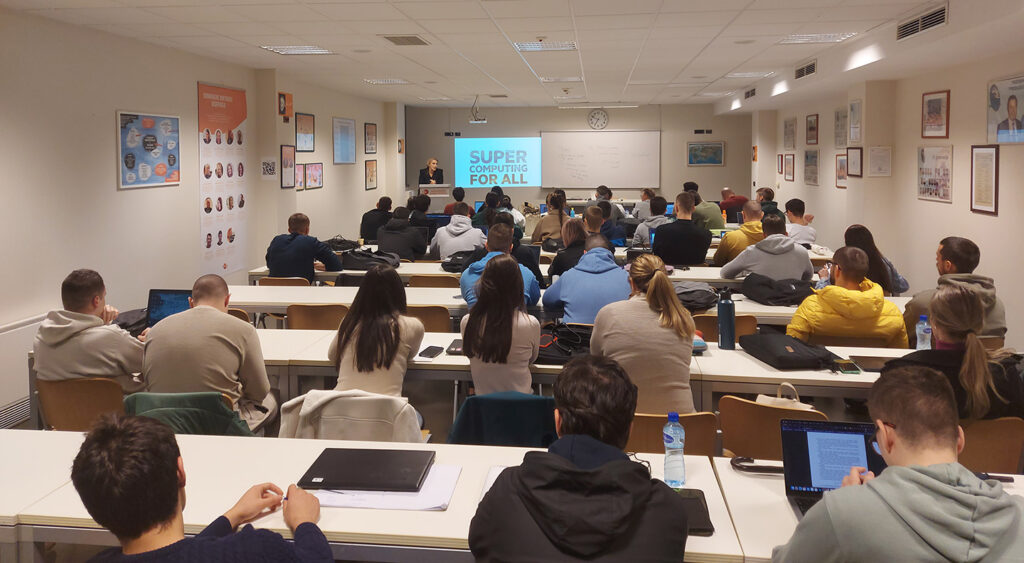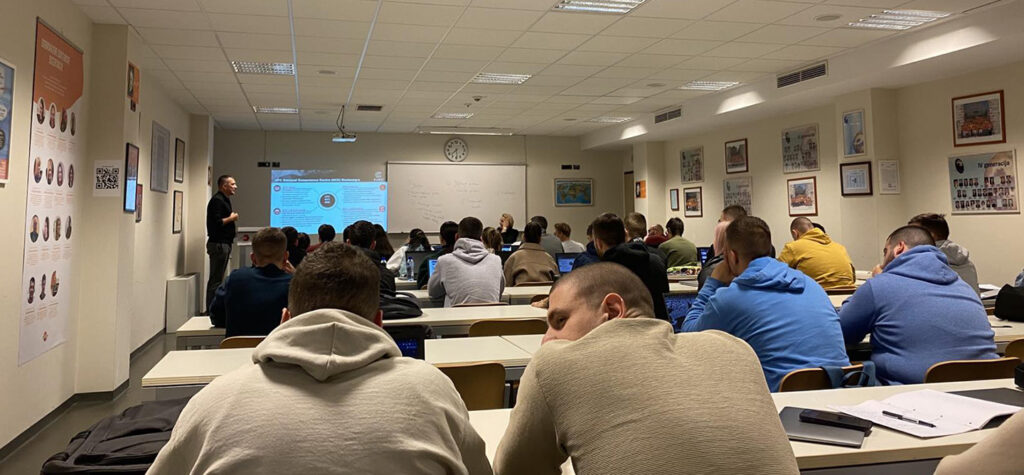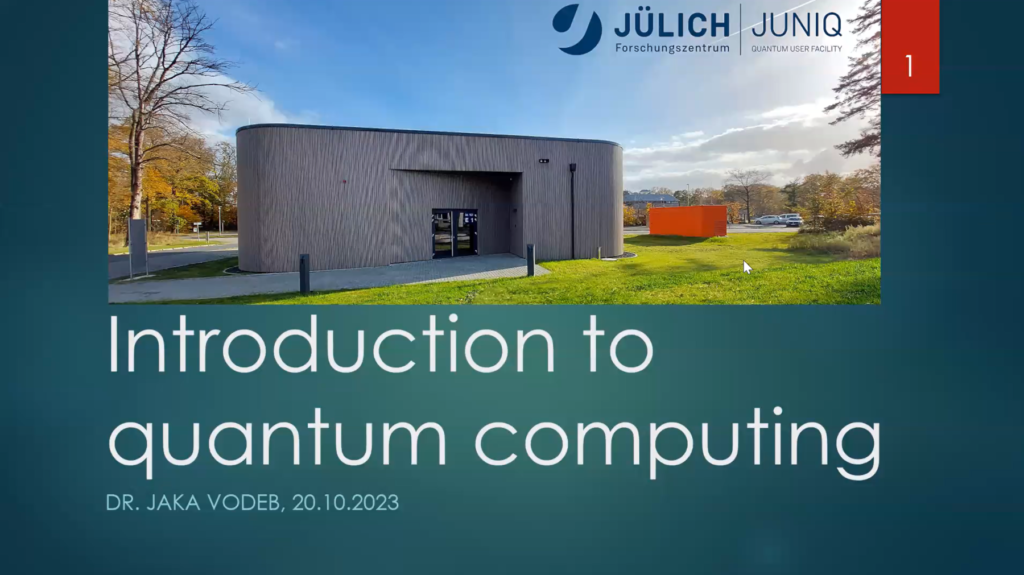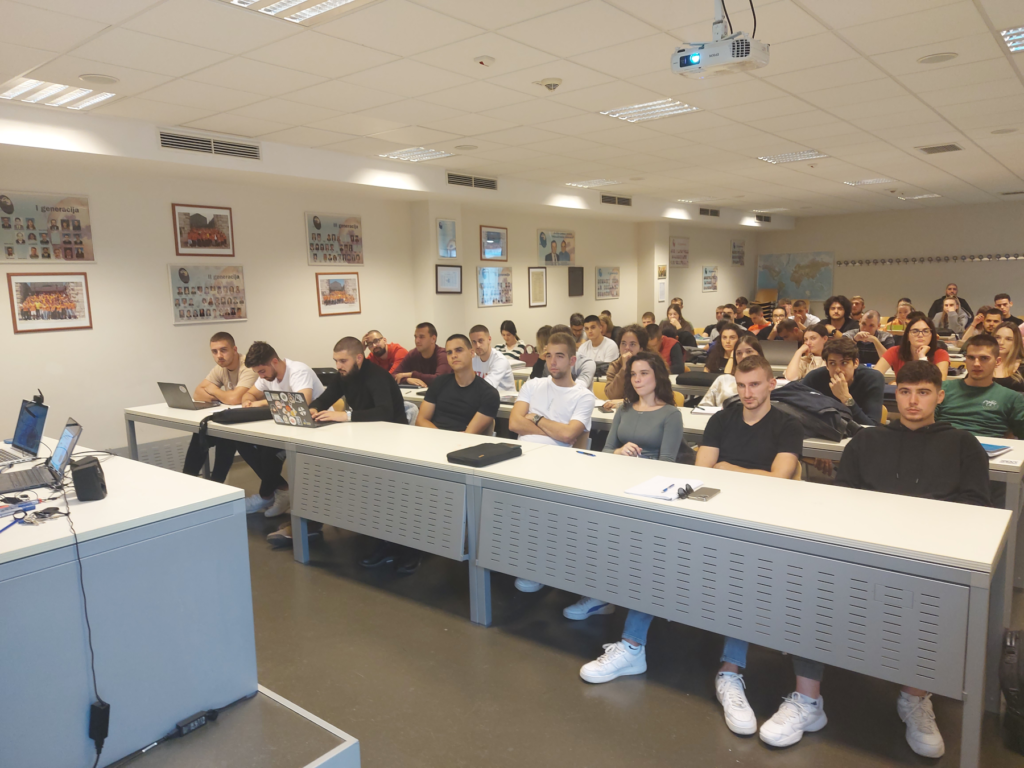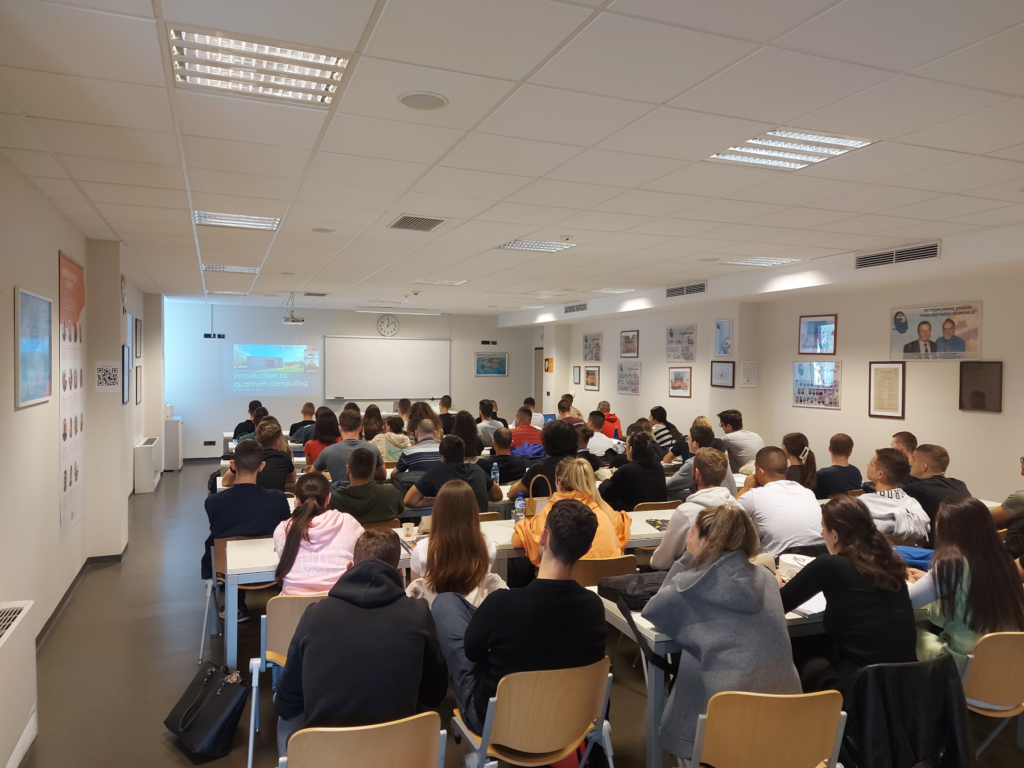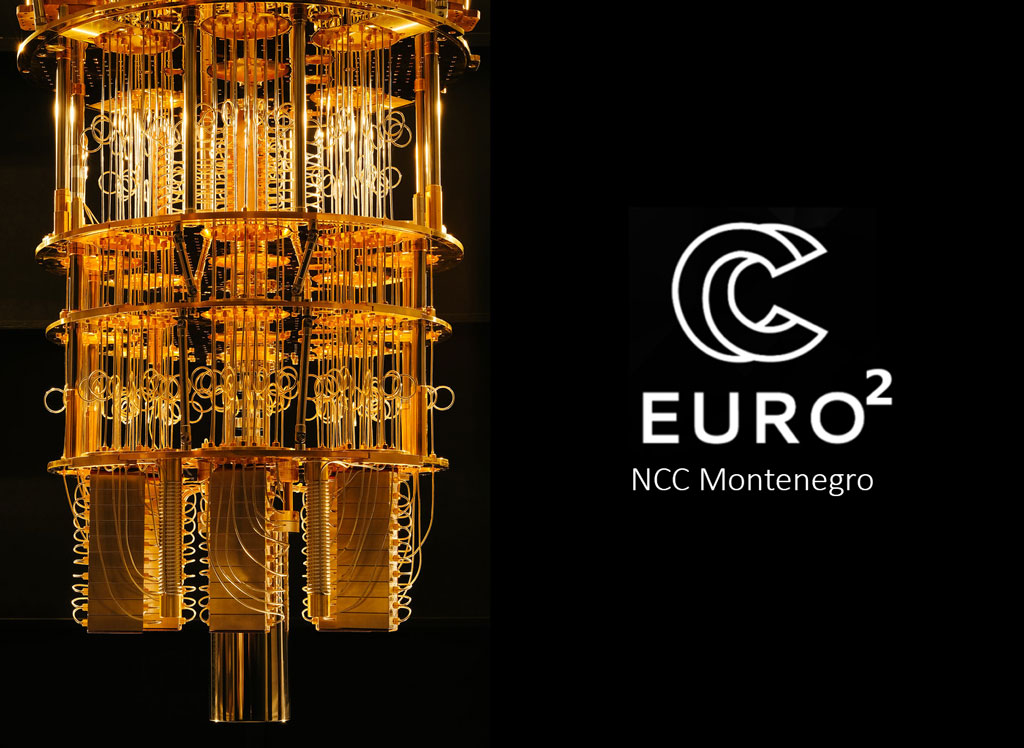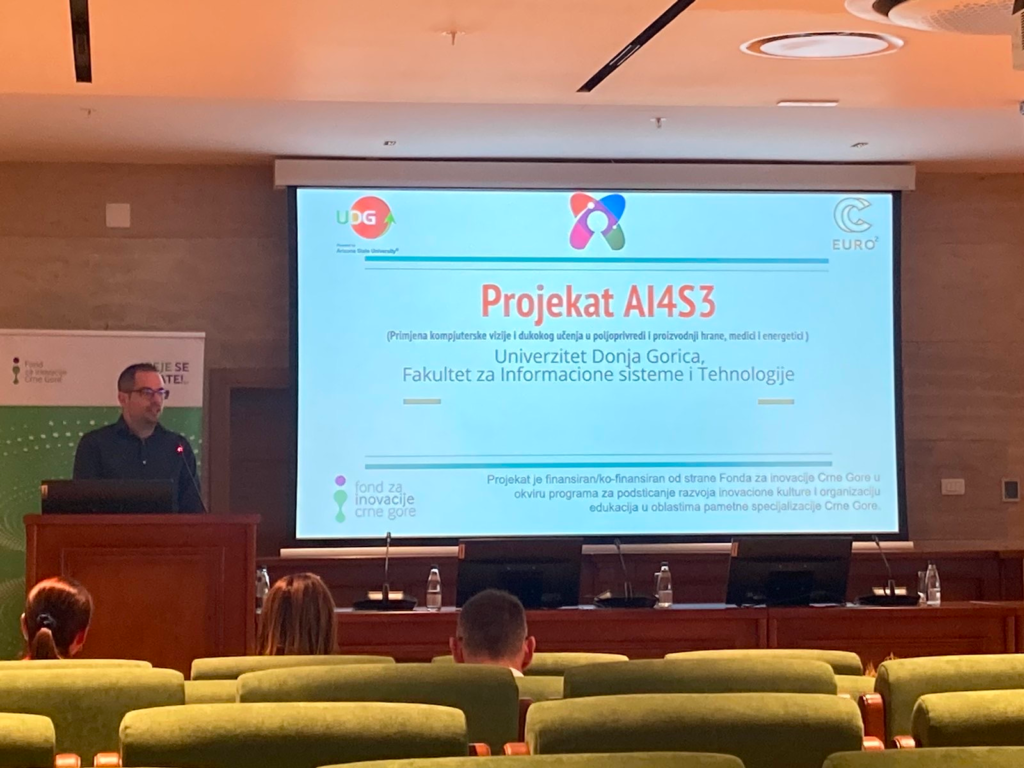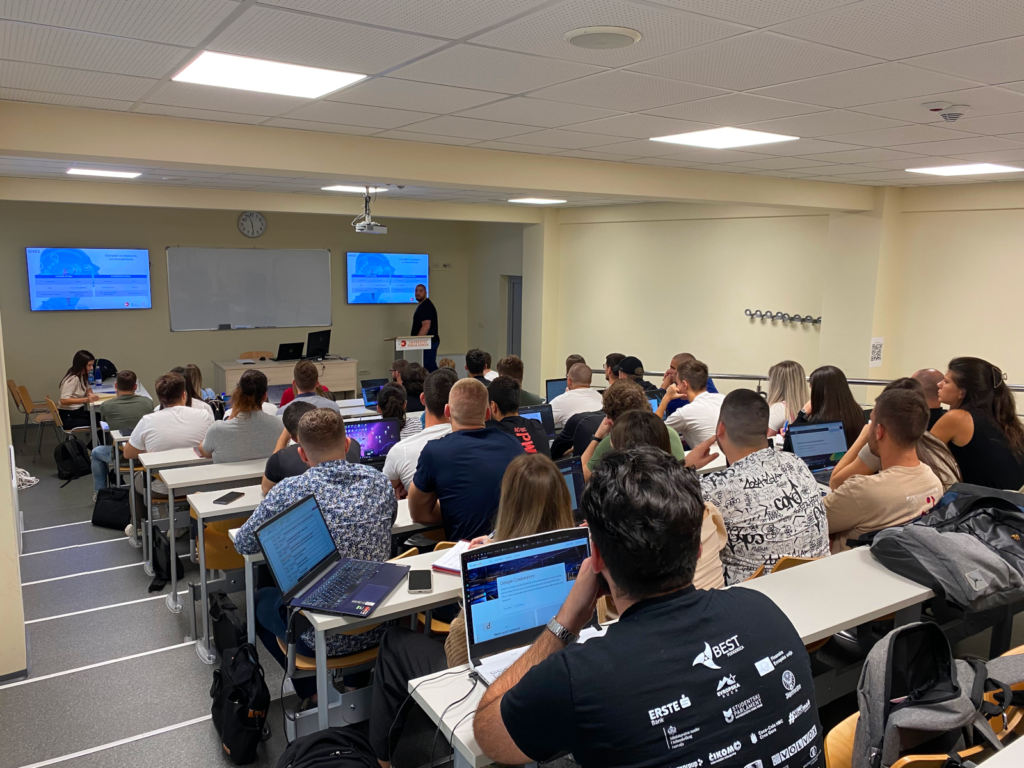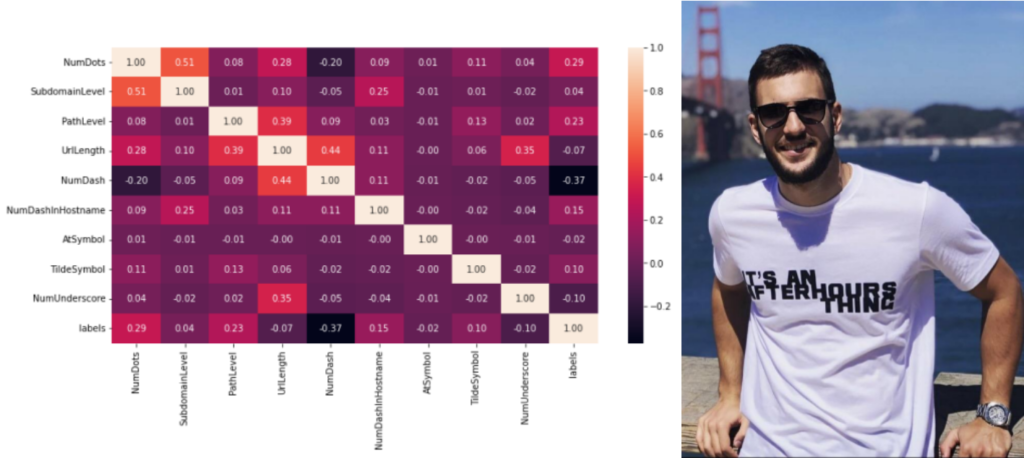On 8 Dec 2023, a workshop on “Digital Transformation and HPC/AI” unfolded at the University of Donja Gorica. Over the course of this semester, final-year BSc students from the Faculty for Information Systems and Technologies delved into research on HPC and AI technologies within the framework of the Managing Information Technology subject. The EUROCC NCC Montenegro team conducted enlightening lectures and presentations on HPC and AI, providing students with a comprehensive grasp of these technologies and illustrating their pivotal roles in digital transformation.

During the workshop, students had the opportunity to showcase the projects they worked on throughout the semester, projects that will be defended during their final exam in Managing Information Technology course. The presented use cases spanned across various fields such as tourism, medicine, agriculture, and digital marketing. This event not only allowed students to share their findings but also fostered a deeper understanding of the practical applications of HPC and AI in real-world scenarios. Our focus was on the possible applications of interest for Montenegro and in the priority domains of Smart Specialisation Strategy for Montenegro (2014-2019).



